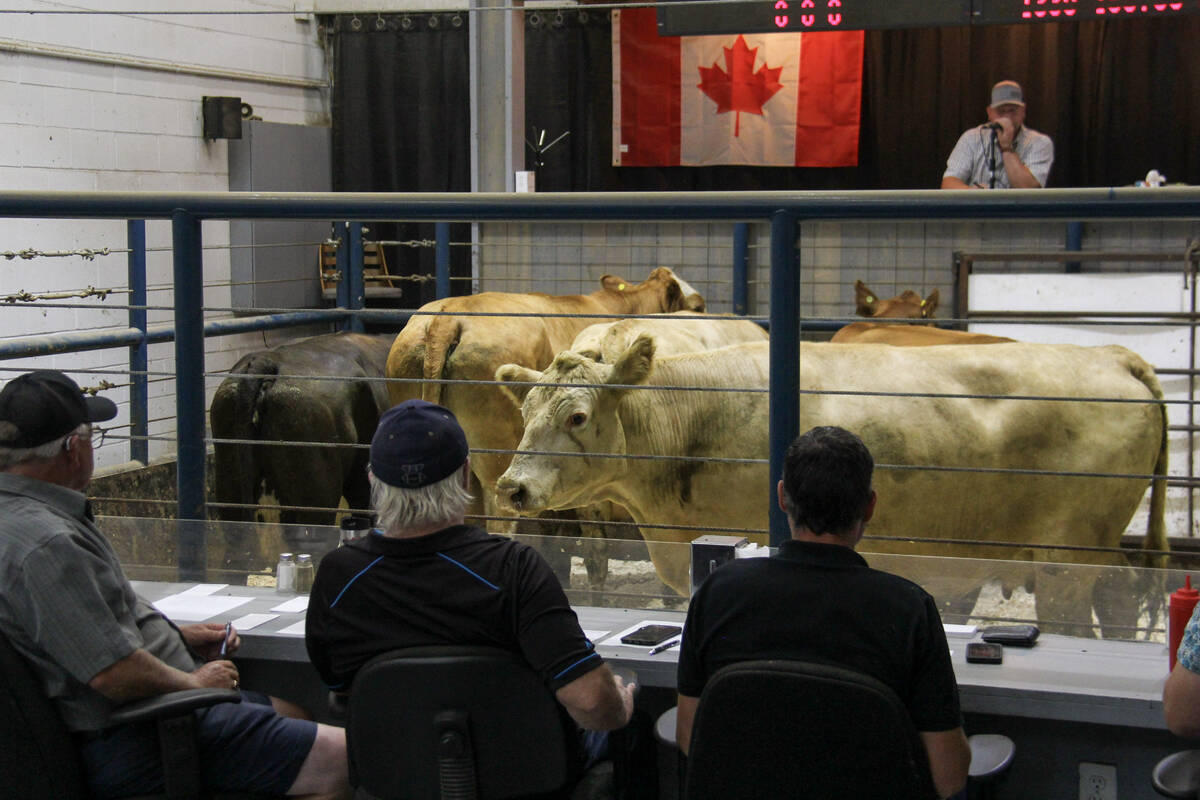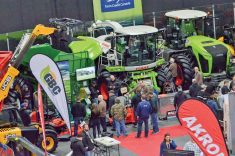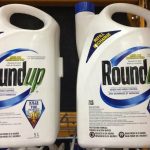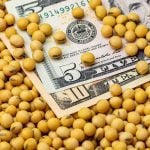The move by the Canadian Cattlemen’s Association to join an international group that promotes sustainable agriculture is being hailed as a model for other farm groups.
The cattle producers’ organization recently joined the Global Roundtable for Sustainable Beef, whose members range from Cargill, JBS and McDonald’s to the World Wildlife Fund, The Nature Conservancy, and the National Wildlife Federation.
The roundtable is a “good fit” with his group because cattle producers understand that sustainability and improved productivity can go hand in hand, said association president Martin Unrau.
Read Also

Manitoba cattle prices, Feb. 25
Your weekly table of price ranges for beef cattle from seven Manitoba auction markets during the week ending Feb. 24, 2026.
“In our view, sustainable beef production is crucial to the long-term competitiveness of Canada’s beef cattle industry,” said the MacGregor rancher.
“Improvements in feed efficiency and shortening the required number of days needed to finish fed cattle reduces the amount of methane and manure produced and resources used per pound of beef. Improvements in forage and grassland productivity lead to several environmental benefits, including increased carbon sequestration, improved wildlife habitat, contributes to biodiversity, helps maintain healthy watersheds, and reduces soil erosion.”
Other farm organizations need to follow the association’s lead and embrace sustainable agriculture before environmental and consumer groups impose unrealistic criteria on them, said Terry Daynard, former managing director of the Ontario Corn Producers’ Association and a veteran industry observer.
When it comes to the environment, conventional agriculture has been on the wrong side of public opinion since the release of a pivotal 1987 UN report, authored by former Norwegian prime minister Gro Brundtland, popularized the concept of sustainable agriculture.
“The report’s release was followed by an immediate and intense effort to link sustainable development to the largely anti-corporate, anti-technology agendas of many activist groups and marketers of so-called alternative products,” Daynard wrote in his blog at www.tdaynard.com.
“Promoters of organic agriculture quickly labelled their industry as sustainable agriculture — ignoring those aspects of organic agriculture in conflict with the Brundtland definition — in particular, the essential needs of the world’s poor.”
Everything from pesticides and fertilizer to antibiotics and “unnatural” seeds came to be viewed as bad things even though they were critical to the production of large quantities of safe, affordable food, said Daynard.
Farmers were so busy producing food, they generally stayed out of the debate, he added.
“We also thought we had good environmental initiatives of our own — like Ontario’s Environmental Farm Plans, Farm and Food Care, and others.”
That’s not good enough and this is why the cattlemen’s decision to join with environmentalists, retailers and others in their sector is key, he said.
Farmers must either become players in such efforts or have standards imposed on them by food retailers and processors, he said.
“If we don’t lead, we’ll be led,” said Daynard.














